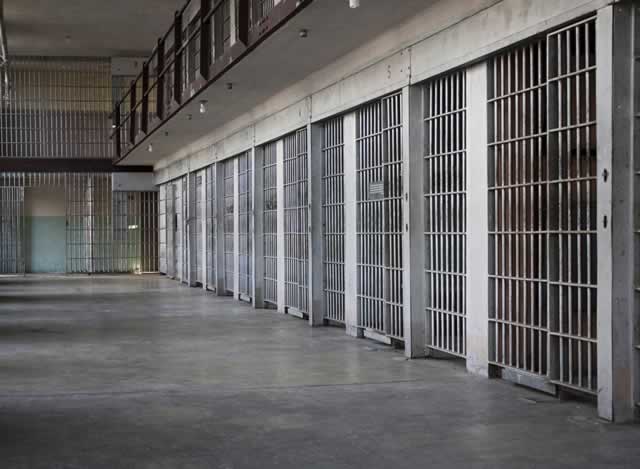ZSE plunge to make stocks sitting ducks

 Golden Sibanda Senior Business Reporter
Golden Sibanda Senior Business Reporter
The free fall and overall net loss of the Zimbabwe Stock Exchange since the beginning of this year presents attractive opportunities for investors to cash in on low prices.
Analysts believe that while the ZSE has crashed almost 17 percent since January on perceived low investor confidence, there is money to be made in selected counters.
Market capitalisation at $3,74 billion on September 2, 2015 had shed 21,09 percent since January 2015, as equities prices kept pruning on not so pleasant company results.
Equities analyst Mr Ritesh Anand said that judging by current performance of the economy, the market could decline further by between 5 percent and 10 percent.
He said it was not expected that the market would plunge significantly further than it has already done, cautiously predicting long term investors were set to cash in on the low prices.
“It might just be a good buying opportunity for long term investors. While the market has fallen (since January 2015), there is still money to be made,” Mr Anand said.
He reasoned that the decline in the market performance year to date was a reflection of the overall poor economic performance after a poor 2015 agricultural season.
Presenting his mid-term fiscal policy Finance and Economic Development Minister Patrick Chinamasa revised growth targets to 1,5 percent from 3,2 percent.
“The market has fallen due to lack of confidence. Investor sentiment is low, but although prices have fallen, I don’t think they will go down again by more than 10 percent. The low prices mean stocks have become more attractive,” Mr Anand said.
“The whole market might not recover (lost ground since January 2015).
“I am quite optimistic that certain stocks will recover,” the Harare based equities analyst.
Mr Anand also said poor sentiment on ZSE might also be due to the contagion effect of concerns on the Chinese economy, which has raffled most emerging markets.
The Shanghai Composite index was higher by 54 percent up until the middle of June.
After hitting a peak this year of 5,166 points the benchmark had by August tanked 38 percent in 57 days, erasing all the gains for 2015, CNBC reported.
Another Harare stock market analyst who commented on condition of anonymity concurred that the fall of the ZSE since January reflected low confidence in the economy.
“It shows lack of confidence in the economy (by stock market investors). Things are not looking good in most sectors and disposable incomes are a low,” he said.
He cited declining revenue, volumes and bottom line for major stocks like Delta, as testimony that companies where struggling due to difficult conditions.
“This has contributed to poor performance of the companies and also affected the shares.”
It is against this background that the majority of investors on the ZSE were foreigners.
“And foreigners buy as and when they feel like buying.” the analyst said.











Comments